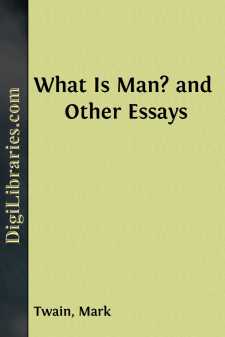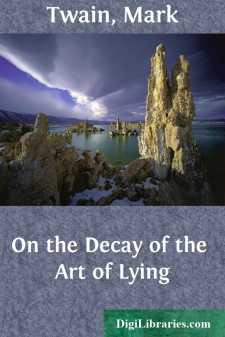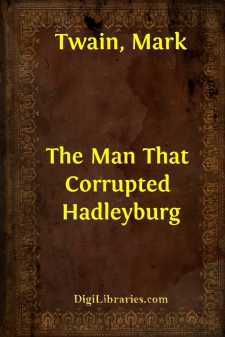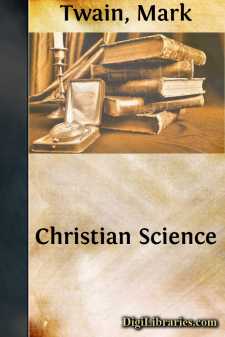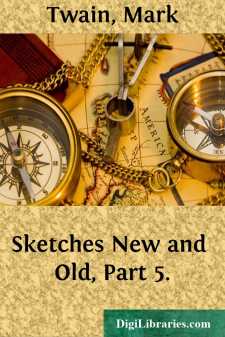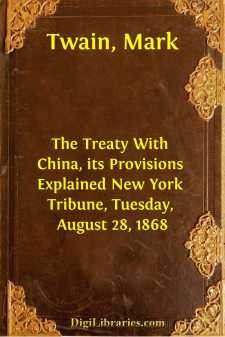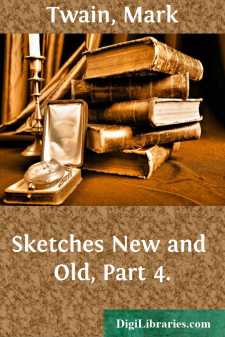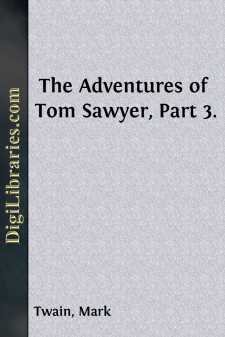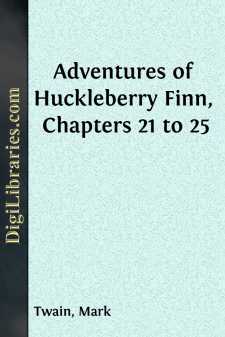Categories
- Antiques & Collectibles 13
- Architecture 36
- Art 48
- Bibles 22
- Biography & Autobiography 816
- Body, Mind & Spirit 145
- Business & Economics 28
- Children's Books 17
- Children's Fiction 14
- Computers 4
- Cooking 94
- Crafts & Hobbies 4
- Drama 346
- Education 58
- Family & Relationships 59
- Fiction 11834
- Foreign Language Study 3
- Games 19
- Gardening 17
- Health & Fitness 34
- History 1378
- House & Home 1
- Humor 147
- Juvenile Fiction 1873
- Juvenile Nonfiction 202
- Language Arts & Disciplines 89
- Law 16
- Literary Collections 686
- Literary Criticism 179
- Mathematics 13
- Medical 41
- Music 40
- Nature 179
- Non-Classifiable 1768
- Performing Arts 7
- Periodicals 1453
- Philosophy 66
- Photography 2
- Poetry 897
- Political Science 203
- Psychology 45
- Reference 154
- Religion 516
- Science 126
- Self-Help 85
- Social Science 82
- Sports & Recreation 34
- Study Aids 3
- Technology & Engineering 59
- Transportation 23
- Travel 463
- True Crime 29
Our website is made possible by displaying online advertisements to our visitors.
Please consider supporting us by disabling your ad blocker.
What Is Man? and Other Essays
by: Mark Twain
Categories:
Description:
Excerpt
WHAT IS MAN?
I
a. Man the Machine. b. Personal Merit
(The Old Man and the Young Man had been conversing. The Old Man had asserted that the human being is merely a machine, and nothing more. The Young Man objected, and asked him to go into particulars and furnish his reasons for his position.)
Old Man. What are the materials of which a steam-engine is made?
Young Man. Iron, steel, brass, white-metal, and so on.
O.M. Where are these found?
Y.M. In the rocks.
O.M. In a pure state?
Y.M. No—in ores.
O.M. Are the metals suddenly deposited in the ores?
Y.M. No—it is the patient work of countless ages.
O.M. You could make the engine out of the rocks themselves?
Y.M. Yes, a brittle one and not valuable.
O.M. You would not require much, of such an engine as that?
Y.M. No—substantially nothing.
O.M. To make a fine and capable engine, how would you proceed?
Y.M. Drive tunnels and shafts into the hills; blast out the iron ore; crush it, smelt it, reduce it to pig-iron; put some of it through the Bessemer process and make steel of it. Mine and treat and combine several metals of which brass is made.
O.M. Then?
Y.M. Out of the perfected result, build the fine engine.
O.M. You would require much of this one?
Y.M. Oh, indeed yes.
O.M. It could drive lathes, drills, planers, punches, polishers, in a word all the cunning machines of a great factory?
Y.M. It could.
O.M. What could the stone engine do?
Y.M. Drive a sewing-machine, possibly—nothing more, perhaps.
O.M. Men would admire the other engine and rapturously praise it?
Y.M. Yes.
O.M. But not the stone one?
Y.M. No.
O.M. The merits of the metal machine would be far above those of the stone one?
Y.M. Of course.
O.M. Personal merits?
Y.M. PERSONAL merits? How do you mean?
O.M. It would be personally entitled to the credit of its own performance?
Y.M. The engine? Certainly not.
O.M. Why not?
Y.M. Because its performance is not personal. It is the result of the law of construction. It is not a MERIT that it does the things which it is set to do—it can't HELP doing them.
O.M. And it is not a personal demerit in the stone machine that it does so little?
Y.M. Certainly not. It does no more and no less than the law of its make permits and compels it to do. There is nothing PERSONAL about it; it cannot choose. In this process of "working up to the matter" is it your idea to work up to the proposition that man and a machine are about the same thing, and that there is no personal merit in the performance of either?
O.M. Yes—but do not be offended; I am meaning no offense. What makes the grand difference between the stone engine and the steel one? Shall we call it training, education? Shall we call the stone engine a savage and the steel one a civilized man? The original rock contained the stuff of which the steel one was built—but along with a lot of sulphur and stone and other obstructing inborn heredities, brought down from the old geologic ages—prejudices, let us call them. Prejudices which nothing within the rock itself had either POWER to remove or any DESIRE to remove....


